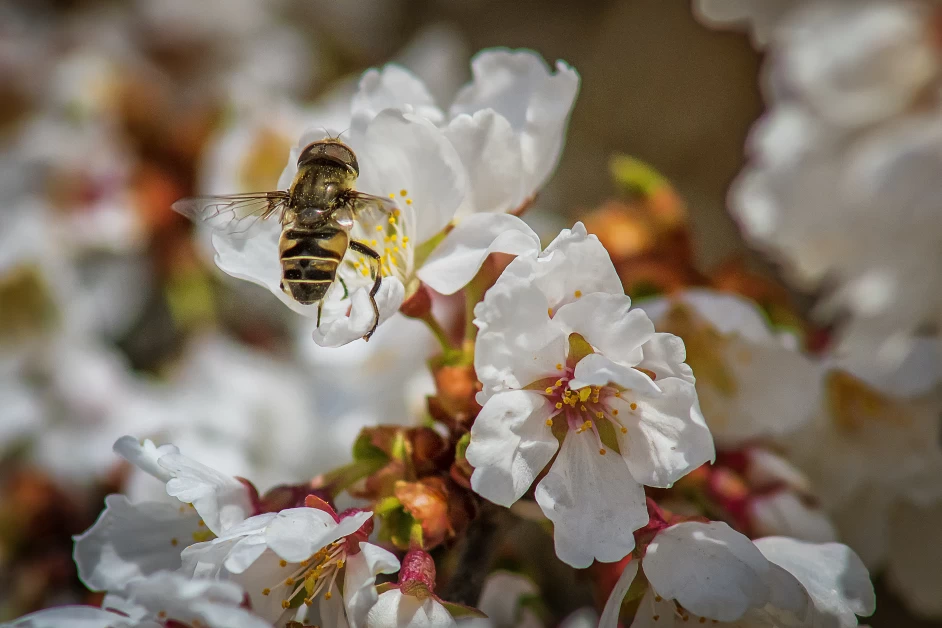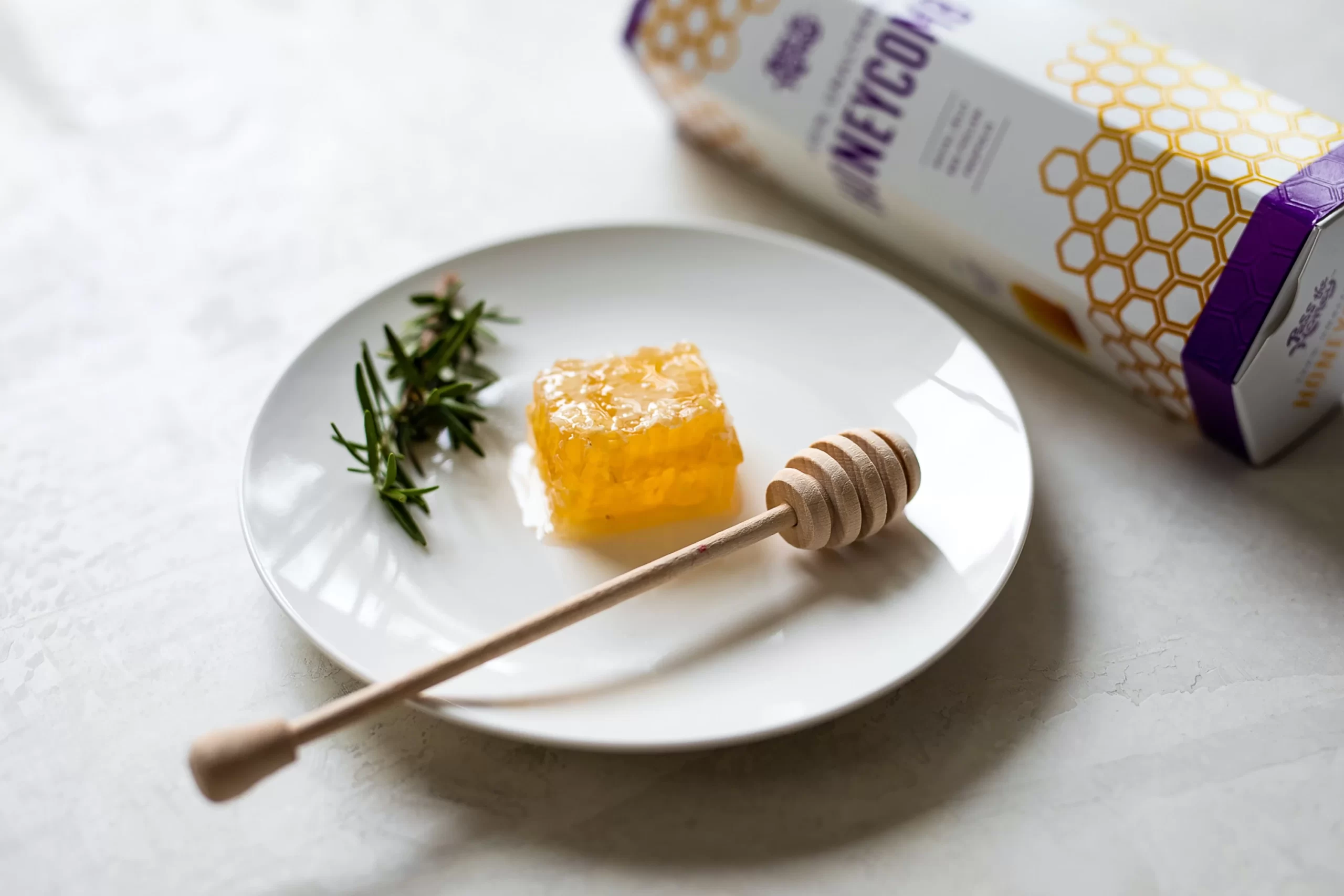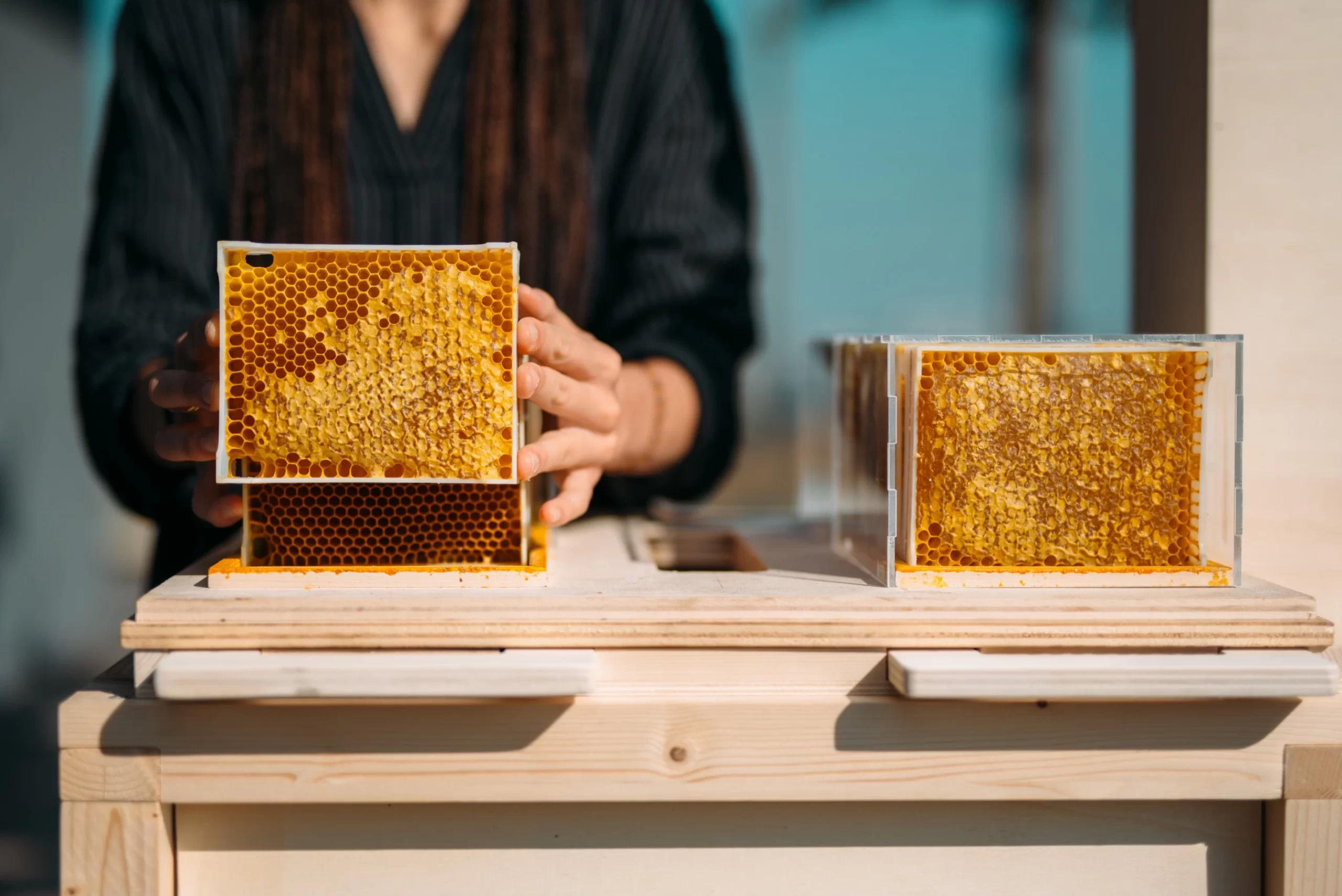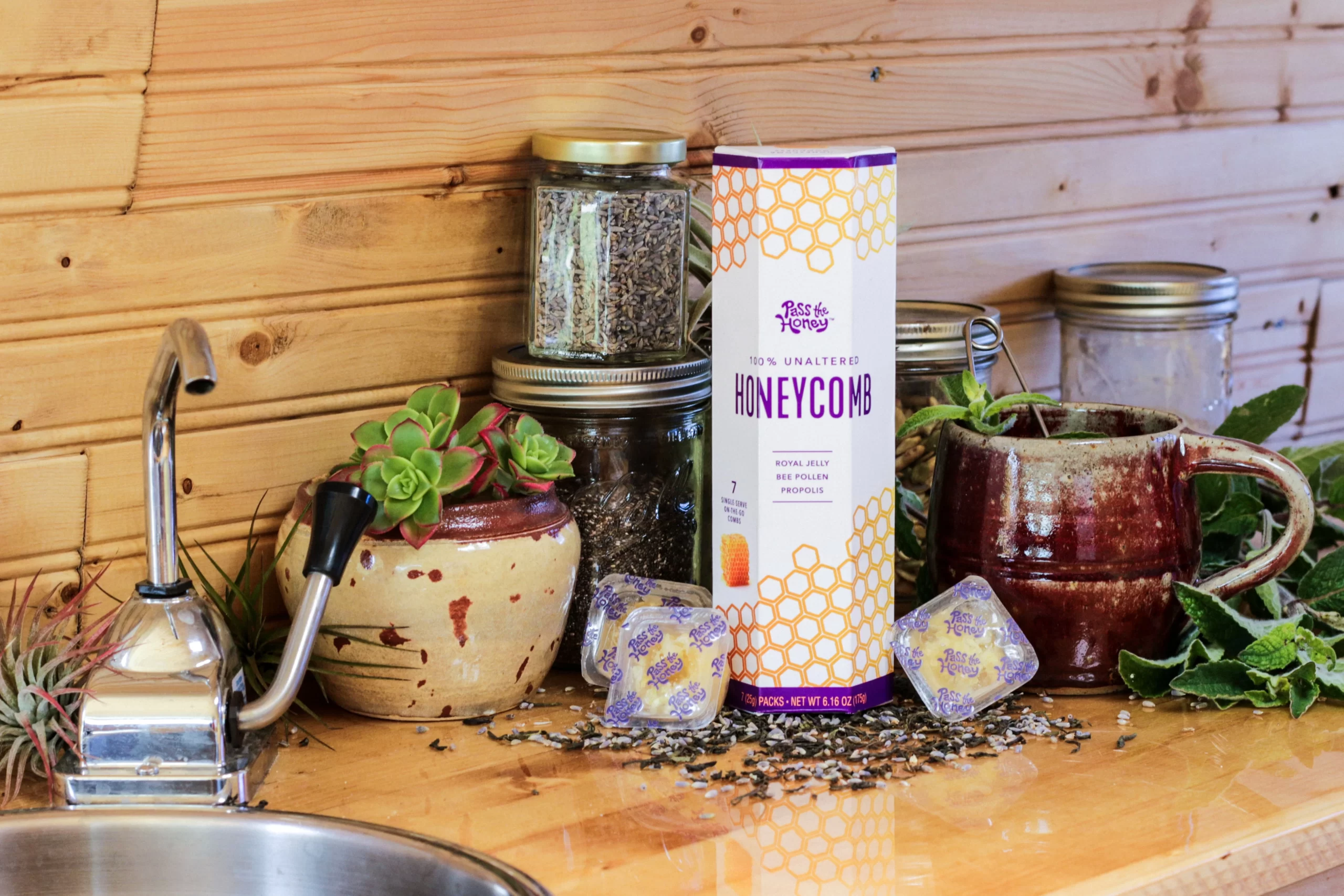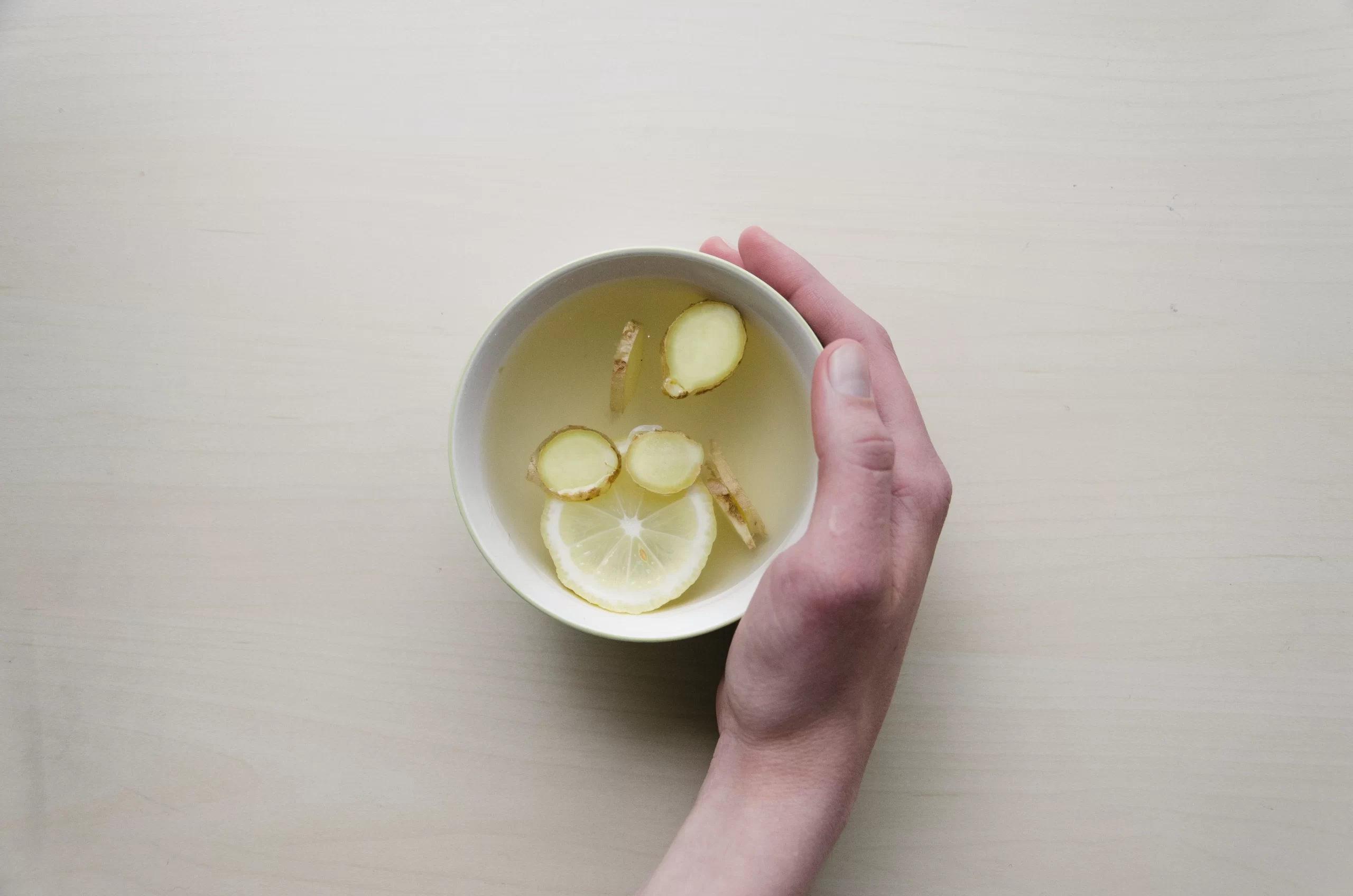Introduction
Have you ever scoffed off your grandma’s home remedy of lemon and honey for cough? Well, you might be surprised how well it works! Instead of gulping in spoonfuls of cough syrups, why not give this natural miracle combination a try? Lemon and honey taken together are not only effective for your sore throat and persistent cough but also help build your immunity as well. Read on to know how you can benefit from this potent combination!
The Benefits of Lemon and Honey for Cough
Let’s begin with an essential question—what causes a cough? Coughing is the protective reflex to irritants in the throat and the airways (Source: American Lung Association). Pathogenic foreign bodies are mainly expelled by through a combination of cough and diaphragmatic contraction (Source: Multidisciplinary Respiratory Medicine). That is why coughing is considered beneficial to the body as it clears off the mucus from within (Source: US National Library of Medicine).
However, in case the mucus has accumulated in large quantities, it leads to incessant coughing making it difficult for the person to sleep at night and get through the day. A study analyzed the prevalence and burden of chronic cough in the US, based on 74,977 respondents. 3,654 of the respondents reported experiencing chronic cough in the preceding 12 months. The prevalence was measured at 4.9%, which increased with age in females to 5.2%. This is higher than males, who showed a 4.7% prevalence with increasing age.
Honey and lemon combination is a traditional remedy for treating cough and has gained a fair amount of credibility in the medical community, owing majorly to its soothing effects on the throat. Individually, each ingredient has its own power to treat a cough, and when used in combination, the benefits double giving guaranteed results. Just what we need for a stubborn cough. Let’s look at the individual prowess of each ingredient of this wonderful combination first:
Honey’s antibacterial properties kill harmful microorganisms like bacteria and viruses (Source: Asian Pacific Journal of Tropical Biomedicine). This clears up congestion and relieves coughing bouts. Honey is also effective at providing relief in respiratory tract infections (Source: US National Library of Medicine). Its antiseptic properties kill off germs and bacteria. This is why lemon juice is often recommended to people with allergies, sinus issues, and colds. The sweetness of honey also stimulates the salivary glands and induces the release of the mucus through the airways. Moreover, the antimicrobial and antioxidant effect of honey restricts the further formation of the mucus, thereby providing complete relief from coughing. Drinking a concoction of hot water, lemon, and honey loosens mucus, calms the throat, and clears the irritating airways.
Who Can Use Honey and Lemon for Cough?
Beautiful and cozy winters. The time of the year is synonymous with not only hot cocoa, silver snow, wardrobe experimentation, beanies but also cough, stuffy nose and a sore throat. Thankfully, we have a 3-in-1 solution in our hand—honey and lemon. But who all can make use of this sure-shot remedy exactly? Let’s find out.
Babies are delicate. A simple slip in medication and it can lead to a disaster. So we need to think a million times (the easiest way is to consult a doctor, by the way) before using any home remedy on your angels. They are also the ones who are most susceptible to weather changes and cough and cold, unfortunately. However, honey and lemon concoction, when used in moderation, is considered to be particularly safe for babies. Also not to mention, the sweet taste of honey is another way to ensure they consume the remedy fuss-free.
Children are vulnerable to cough and cold. While it is common for them to catch such infections in daycare or school, it is essential to ensure their health and well-being. Overuse of antibiotics is not recommended at such a young age. Antibiotics are an option but they are neither feasible nor completely safe when taken in larger doses for a longer period. This leaves us with mother nature and her gifts — like ginger, licorice, pepper, honey, and lemon. Are they safe to use? Yes, completely. Give the concoction a try and see for yourself.
Pregnancy is a time when our body goes through numerous physical, hormonal, and psychological changes. That makes them vulnerable to harmful germs loitering around in the air, including cold and flu germs. Say hello to honey and lemon—our superheroes in disguise! Get experimental—sip through, gargle, make a lemonade, have it in a popsicle form, top it off with different other ingredients and you will see yourself getting better in days! And it is safe to use too!
The Elderly need extra care when it comes to their health. It is essential to choose remedies that are effective yet gentle. Honey and lemon, however, are a safe and cheap alternative to over-the-counter medicines even for the elderly.
Now that you have a fair idea of the relief these two can provide for a stubborn cough, it’s only fair that we give you certain easy recipes to combat this condition. Check them out in the section below!
Lemon and Honey Recipes for Cough
Lemon and honey can be used in combination with a number of never-thought-before ingredients that will help fight a cough effectively. We have compiled all the best ones in one place to reduce your workload. Trust me, all the recipes given below are very easy to follow and can be prepared using readily available ingredients in a matter of a few minutes. So, they are not only effective but also cheaper and less time-consuming. Check them out:
1. Simple Honey and Lemon Recipe
This is a very simple recipe with honey and lemon juice for cough treatment. Let’s learn how to make it, shall we?
- 1 cup organic honey
- 3 tablespoons lemon juice
- 1/4 cup warm water
Combine one cup of honey with three tablespoons of lemon juice. Add warm water to it and stir until the ingredients are mixed completely. You can take one tablespoon of this mixture twice a day for a cough once in the day, and once before going to bed for an undisturbed sleep. Refrigerate the leftover mixture of lemon and honey for further use. It can be used safely for a month.
2. Honey, Lemon, and Glycerin Recipe
Glycerin is known for its excellent moisturizing properties. So it is generally used in combination with honey and lemon to ease a raw and itchy throat.
- 1 whole lemon
- 2 tablespoons honey
- 2 tablespoons glycerin
Take a saucepan and boil one uncut lemon in the water for around 10 minutes. Mix in two tablespoons each of honey and glycerin. Squeeze the boiled lemon, take it out from the mixture, and store the rest of the solution in a glass bottle. Take one teaspoon of this mixture twice or thrice a day to get relief from the irritating throat and cough. Refrigerate the bottled solution for further use.
3. Honey, Lemon, and Garlic Recipe
The combination of lemon juice and honey with garlic works best if you also have phlegm. Garlic breaks down the phlegm that causes congestion and helps to clear the chest.
- 1 tablespoon lemon juice
- 1 tablespoon honey
- 1/2 teaspoon grated garlic
- 1 cup water
Take a saucepan and add lemon juice and garlic into it. Cover the ingredients with a cup of water and boil the mixture. Pour this mixture into a cup, add one tablespoon of honey and stir the solution. Drink this mixture once daily for instant relief.
4. Honey, Lemon, and Ginger Recipe
Using ginger in combination with honey and lemon to get rid of a chronic cough is highly recommended. It contains antioxidants and many essential oils and a special cough suppressant called oleoresin.
- 2 tablespoons lemon juice
- 2 tablespoons honey
- 1 tablespoon ginger root
- 2 cups water
Take a saucepan and add two cups of water, ginger, and lemon juice to it. Boil the mixture and then take it off the heat. Let it cool for about 20 minutes. Strain and transfer the solution to a glass. Add honey and stir well. Drink this concoction once daily till your cough subsides.
5. Honey, Lemon, and Coconut Oil Recipe
Coconut oil is rich in anti-inflammatory, antiviral, and antibacterial substances, and provides immunity to the body. It decreases the length and severity of illness.
- 3 tablespoons lemon juice
- 1/4 cup honey
- 2 tablespoons coconut oil
In a saucepan, mix two tablespoons of coconut oil, three tablespoons of lemon juice and ¼ cup honey. Heat the mixture until the coconut oil has melted completely. Do not let the mixture reach its boiling point. Turn off the heat and transfer this solution into a container for further use. Take one tablespoon of this tonic twice daily till the symptoms subside. Because coconut oil hardens fast, each time you will need to reheat the mixture and then consume.
6. Honey, Lemon, Onion, Garlic, and Olive Oil Recipe
This natural cough syrup is perfect for taming even the most stubborn bout of a cough.
- ¾ cup raw, organic buckwheat honey or local honey
- ¼ cup extra virgin olive oil
- 2-4 tablespoons of organic lemon juice
- 2 tablespoons chopped garlic or 1 tablespoon freshly grated ginger
- 1/2 cup sliced Onion
Take a clean container and place a sliced onion, grated ginger or chopped garlic in it. Cover the ingredients with honey and let the ingredients infuse and settle for around 8 hours. After 8 or more hours, add lemon juice and olive oil to it. Strain the syrup and store in a clean jar. For long-term use, store it in a refrigerator. It lasts for 4 to 6 weeks when stored in the freezer. Take one tablespoon of this syrup twice a day to get instant relief from a cough. You will need to warm it every time you use it.
7. Honey, Lemon, Whiskey, and Water Recipe
This syrup is perfect for those adults who enjoy the strong taste of whiskey.
- 1 tablespoon honey
- 4 tablespoons lemon juice
- 4 tablespoons bourbon whiskey
- 1/2 cup water
Take a saucepan and add lemon juice, bourbon whiskey, and water to it. Heat it for about two to three minutes and add honey to it. Heat it again for another two-three minutes. Turn off the heat and let the solution cool down. Having it hot can burn your tongue. Have this mixture just before going to sleep. Repeat this process every night, till the symptoms subside.
8. Honey, Lemon, Cinnamon, and Water Recipe
Cinnamon is a solution for everything—from adding a distinct flavor to your Christmas cuisine to curing a stubborn cough.
- 1 cup organic or local honey
- 3 tablespoons lemon juice
- 1 teaspoon cinnamon powder
- 1/4 cup water
Take a saucepan and add lemon, honey, and cinnamon powder to it. Mix well. Heat the solution for half a minute and then add water to it. Bring it to a boil and then turn off the heat. Let the solution cool down a bit and then transfer it to a clean and dry glass jar for further use. Take two-three teaspoons of this cough syrup before going to sleep for a cough-free night.
9. Honey, Lemon, Apple Cider Vinegar, and Water Recipe
Apple cider vinegar needs no introduction. It is popular for all the right reasons. When added to a solution of lemon and honey, its health benefits multiply several fold.
- 2 teaspoons raw honey
- 2 tablespoons lemon juice
- 2 teaspoons organic Apple Cider Vinegar
- 1 cup boiling water
Take a glass and add lemon juice, honey, and ACV to it. Cover the ingredients with boiling water and let it steep for one minute. Stir the solution and have it just before going to sleep every night.
A Word of Caution
According to experts, honey contains Clostridium botulinum, a type of botulism that can cause fatal food poisoning in children. That is why the Centers for Disease Control has advised that honey should not be given to infants or babies under one year of age.
If you experience any allergic reactions or side effects after consuming honey and lemon, discontinue use and consult a healthcare professional immediately. These symptoms are severe and can lead to other grave consequences. If you are having trouble swallowing or finding it difficult to breathe, honey and lemon in hot water, although may serve as a cough suppressant, will not cure the root cause of the illness. Hence, in such circumstances, you must seek a doctor’s advice.
You must avoid honey and lemon juice treatment if you are allergic to these ingredients or suffer from a gallbladder problem.
Key Takeaways
Honey and lemon can fight against certain bacteria. Have this mixture to ease inflammation, soothe sore throats, relieve coughs and colds, and boost your immune system. This is safe for all ages; however, children below one year must not take it without a doctor’s permission. You can take the mixture with warm water.
Remember to incorporate other healthy habits, such as staying hydrated, getting enough rest, and practicing good hygiene, in order to have a speedy recovery from a cough or cold.
And there you have it! A complete guide on using lemon and honey for cough. Be sure to try out the various recipes mentioned above, and let us know which one worked the best for you! Stay healthy!

